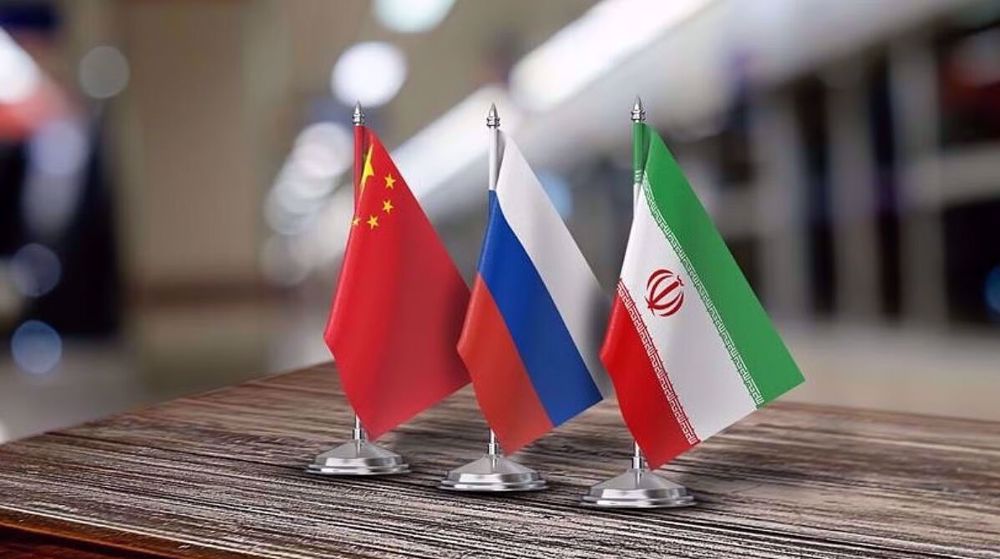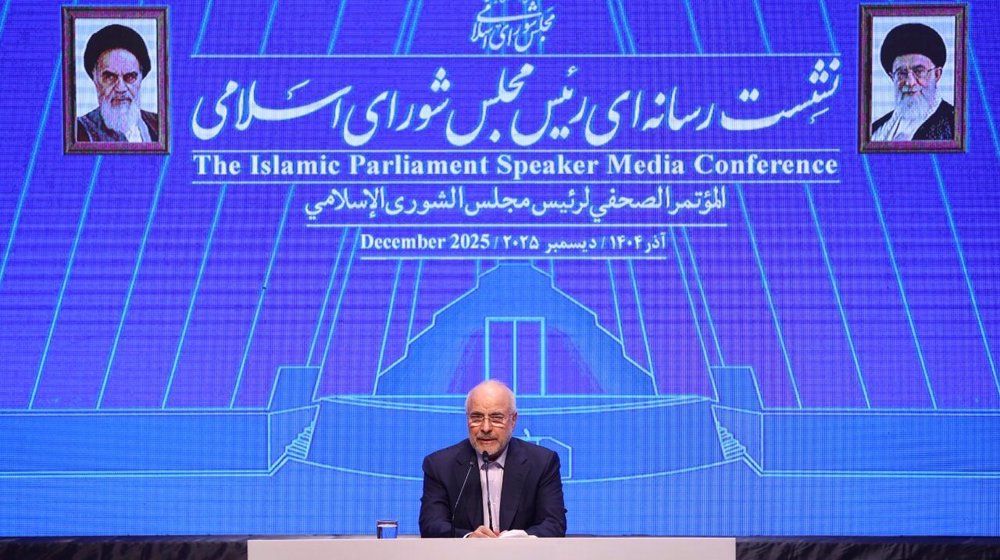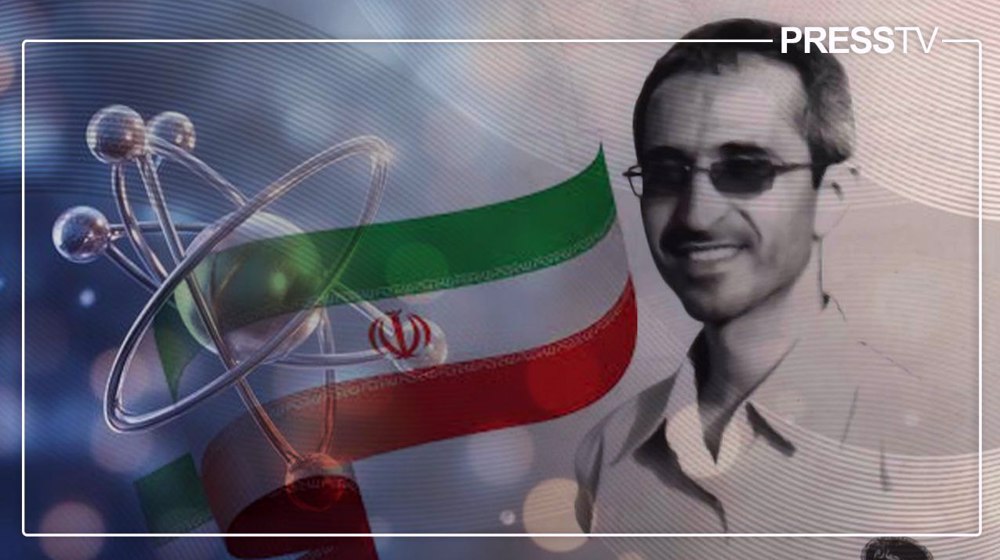Iran will halt JCPOA implementation if IAEA does not close ‘PMD’ file: Iran official
A senior Iranian official has warned that the Islamic Republic will halt the implementation of a nuclear agreement with the P5+1 if the International Atomic Energy Agency (IAEA) does not fully close the file of the so-called possible military dimensions (PMD) regarding Iran’s nuclear program.
Seyyed Abbas Araqchi said on Wednesday that the IAEA’s Director General Yukiya Amano has decided to release a report on the Iranian nuclear program on December 1, and the Agency’s Board of Governors will review the report and make a final decision in a meeting on December 15.
Araqchi said the report by Amano should result in the closure of the PMD issue.
“In case Yukiya Amano or the Board of Governors presents their report in such a way that it does not meet the stipulated commitments, the Islamic Republic of Iran will also stop [the implementation of] the JCPOA,” he said, in reference to the Joint Comprehensive Plan of Action, the agreement reached between Iran and the P5+1.
The IAEA has been tasked with the monitoring and verification of technical issues under the JCPOA.
Earlier in October, Leader of the Islamic Revolution Ayatollah Seyyed Ali Khamenei said, in a letter to President Hassan Rouhani, that measures to modify the Arak reactor and trade existing enriched uranium – parts of commitments by Iran – would get underway only after the PMD file is closed and a secure contract with enough guarantees is clinched.
In his Wednesday remarks, Araqchi, who is Iran’s deputy foreign minister for legal and international affairs and in charge of a task force to oversee the implementation of the JCPOA, emphasized that in order for Iran to implement its end of the bargain, including carrying out planned changes in the Arak heavy water reactor, the PMD issue has to be closed.
The Iranian official said that, throughout the negotiations with the P5+1, Iran always held a skeptical view of its negotiating partners and was always prepared for worst-case scenarios.
Iran and the P5+1 group – the US, Russia, the UK, France, China and Germany – concluded the JCPOA in the Austrian capital, Vienna, on July 14.
On the same day, a roadmap for “the clarification of past and present outstanding issues” regarding Iran’s nuclear program was signed by Amano and Head of Atomic Energy Organization of Iran Ali Akbar Salehi in the Austrian capital.
Under the JCPOA, limits are put on Iran’s nuclear activities in exchange for, among other things, the removal of all nuclear-related economic and financial bans against the Islamic Republic.
Iran has repeatedly said it would abide by its commitments under the JCPOA, while warning the other party against any non-compliance with their obligations.

Meanwhile, during a Board of Governors meeting at the IAEA headquarters in Vienna on Thursday, Amano said the Agency “continues to verify the non-diversion of nuclear material declared by Iran.”
Echoing Araqchi’s remarks, Amano said, “Next week, I expect to provide my final assessment on all past and present outstanding issues” regarding the Iranian nuclear program.
‘No to Zionist tourism’: Italian ports see rising backlash against Israeli tourism amid Gaza war
VIDEO | What's brewing in Mexico?
US yet unwilling to engage in serious talks, must accept Iran’s right to peaceful nuclear energy: FM
VIDEO | FIFA’s neutrality in question
VIDEO | Olympic flame travels through the streets of Rome and Vatican
Syria’s Alawite Council calls for general strike over HTS religious violence
Iranian boys’ team crowned champions at World U-21 Taekwondo
Pentagon chief under pressure to resign over Caribbean 'war crimes'















 This makes it easy to access the Press TV website
This makes it easy to access the Press TV website